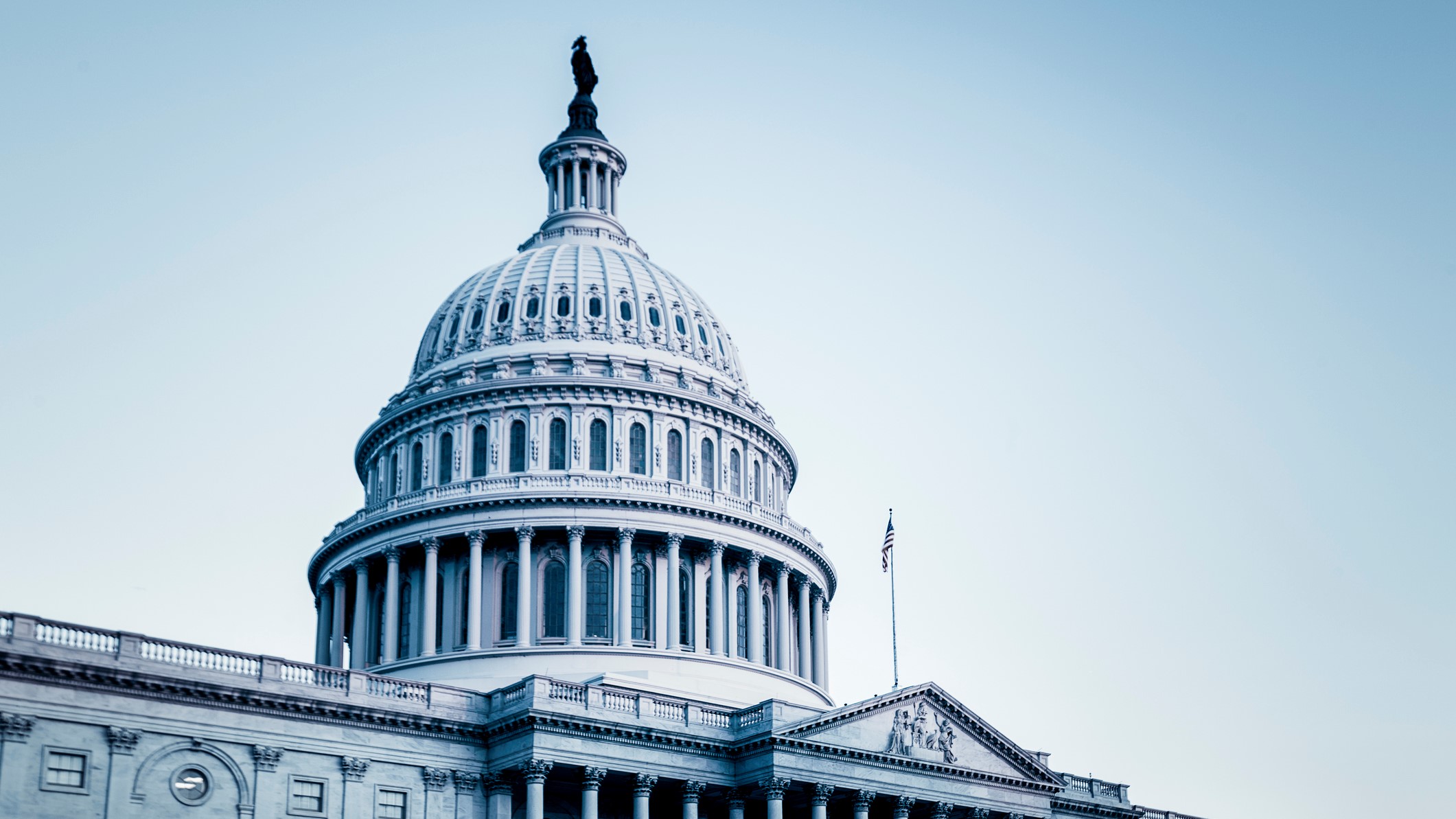Make your tax-deductible gift by December 31—every gift matched, up to $150,000!
In this moment, the future of our rights, our bodily autonomy, our freedom feels uncertain. What we do next will make a difference for decades to come.
Make your tax-deductible gift by December 31—every gift matched, up to $150,000!
In this moment, the future of our rights, our bodily autonomy, our freedom feels uncertain. What we do next will make a difference for decades to come.
Double your impact in the fight to defend and restore abortion rights and access, preserve access to affordable child care, secure equality in the workplace and in schools, and so much more. Make your matched year-end gift right now.

Judges can decide everything from the quality of the air you breathe to the health care you can access, to the safety of food in your local supermarket. That’s why we’re calling on the Senate to use their remaining time in session–until January 2–to confirm qualified, impartial judges committed to equal justice for all people to the bench.
Judges matter. We need the Senate to do its job and confirm every pending judicial nominee—because for any seat they don’t fill, Trump will have the power to confirm a judge that aligns with his worldview once his second administration starts. This is especially important for Courts of Appeals nominees, because they have a significant impact on the law across multiple states.
Let’s be clear: Trump has a record of appointing judges who agree with his extreme ideology, and we already know how Trump views presidential authority—Project 2025 calls for consolidating executive power, bypassing Congress, and pushing through an extremist agenda. The Senate must act immediately for our democracy to endure and for civil liberties to be preserved. Our lives, our rights, and our future depend on it.
In just his first term, Trump was able to appoint a striking 28 percent of our federal judiciary. Notably, he appointed three of America’s nine Supreme Court justices and 30 percent of judges on the Courts of Appeals that sit just below the Supreme Court. These judicial seats have lifetime appointments and will make decisions that impact our lives for years to come.
Judges impact ALL areas of our lives. Here are just some of the issues judges can weigh in on:
President Biden nominated eminently qualified candidates that the Senate has failed to take action on. For example:
Judges and the courts are an essential guardrail against attacks on our civil rights. They’ve made decisions that have protected us from attempts by extremists in Congress to pass bills that curtail our civil rights. We need the Senate to confirm ALL pending nominees before the end of the session on January 2.
Trump’s stated agenda threatens to undo critical protections for women and girls. We need judges on the bench who will protect the rights of all people, regardless of who sits in office.